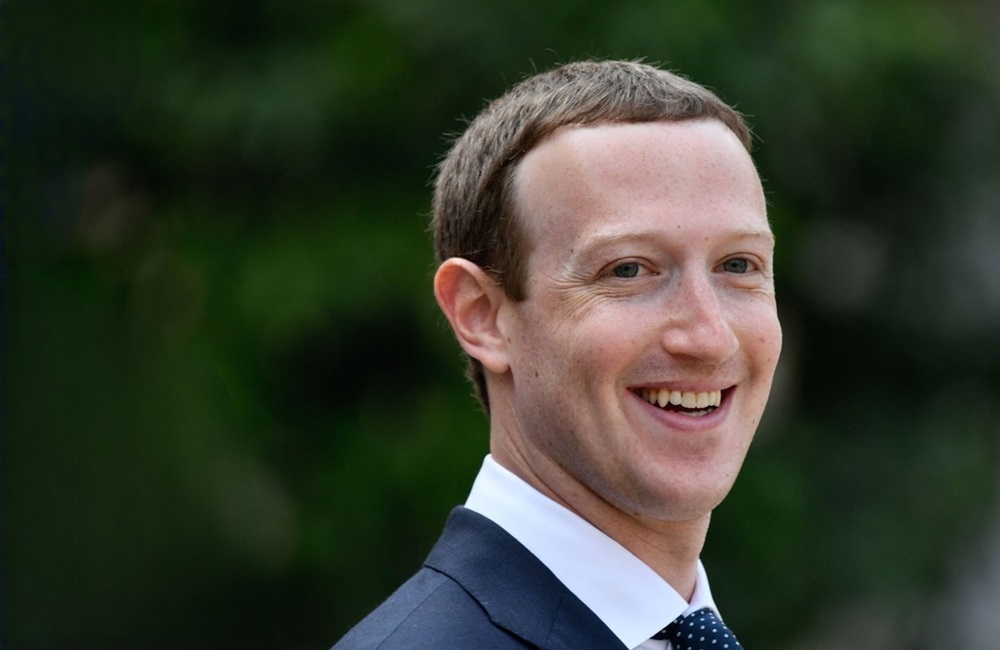The future of chess holds immense potential with the advent of technologies such as AR/VR, AI, data analytics, and cloud-based gaming platforms
Every sport is a celebration of persistence, perseverance, and skill. Originating in India over 2000 years ago, chess is a sport that has been enthralling players worldwide with its fine blend of strategy and tactics. It continues to charm and challenge players of all types– from grandmasters to casual enthusiasts. The global popularity of chess can be assessed from the fact that over 70 percent of adults in countries like the US, UK, Germany, and India have played it at some point in their lives. An estimated pool of over 605 million adults play chess globally.
Alan Turing used chess as an example of what computers could do. Lately, the ingress of technology into the world of sports, including chess, has added a new dimension to it – players and fans are now empowered to ‘feel’ the games more closely than ever.
In this direction, Tech Mahindra’s Global Chess League was a new revolution in an ancient sport. It reshaped chess by bringing 36 renowned chess players from across the world in a unique joint-team-based format, innovative scoring and points system, six franchise teams, the first-ever Live televised chess event reaching a 600 million fan base, and next-gen technology transforming fan experience.
Reinventing chess as a global social network with technology
Chess, often hailed as the ‘King of board games,’ holds great value beyond its recreational aspect. It is seen as a key enabler of intellectual and social-emotional development. The game’s complexity stimulates critical thinking, problem-solving, concentration, and decision-making skills.
The sport has been known to boost cognitive abilities, improve memory, and promote creativity. The United Nations refers to it as a global game which exemplifies fairness, inclusion, and mutual respect. Chess contributes to an atmosphere of tolerance and understanding among people and nations. It is seen as a game that offers great opportunities in the implementation of the 2030 Agenda for Sustainable Development and the Sustainable Development Goals, such as strengthening education, achieving gender equality, empowering women and girls, and fostering inclusion, tolerance, mutual understanding, and respect.
Transforming fan engagement
Technology has evolved tremendously in recent times, and fan engagement and the gaming experience of chess on digital platforms are changing. Here are some of the key transformations that chess is set to witness in the arena of fan engagement:
• Superior fan experience – Digital technology has enabled chess to transcend geographical limitations. The game has become more accessible to a global audience through online platforms, live-streaming services, and mobile apps that provide easy access to chess content, tournaments, and educational resources. Next-generation technologies were extensively leveraged during the Global Chess League (GCL) to provide better and more understandable access to chess to a broader (non-chess) audience.
• Interactive viewing experience – Live streams and integrated chat tools not only enable people to play the game but also enjoy real-time engagement and interactive viewing. The Global Chess League took it a step further to offer an immersive chess-playing experience in the Metaverse. The platform enabled global fans to interact with Grandmasters, take a virtual venue tour, watch the games live, and learn about the league’s history. GCLVerse (the Metaverse platform of GCL) experienced ~270k visitors during the league, with an average time spent of 30 mins+.
• Easy gamification and social features – Social features, such as multi-player modes, chat functions, online tournaments, and others, have brought about great competitiveness and enthusiasm among players. For instance, the YouTube telecasts of GCL garnered ~800k viewers, and the social media campaigns witnessed incredible engagement with a reach of 100 Mn+ impressions on the final day.
Expanding the reach of chess with technology
Leading players use digital engines to prepare for world championships. High-end gaming applications also integrate data analytics to help players evaluate their performance, identify areas of improvement, and plan strategies. The evolution of technology in the game and the global popularity of online gaming competitions and platforms indicate ample scope for the expansion of the game.
Advancements in technology have opened up global opportunities for chess in the virtual format. The impact of AI on the game is remarkable. AI helps provide structured lessons on various strategies and moves, unlike the traditional trial-and-error approach. Similarly, the emergence of technologies like the Metaverse revolutionizes fan engagement, creating immersive experiences, and a sense of community, appealing to a broader audience through personalization and social interaction. Furthermore, Web3 technology transforms chess by using smart contracts and blockchain for secure transactions, unchangeable game records, and asset tokenization. Decentralized chess platforms empower players with transparent competition, eliminating intermediaries, and nurturing a lively community. The revolution brings fairness, accessibility, and innovation to the chess world.
With all these tools and technologies in place, an extensive and highly sophisticated gaming experience will ensure sustained interest in the game. AI and ML have transformed the fan experience in chess by offering personalized analysis, coaching, and adaptive opponents. Virtual tournaments, puzzle generation, and real-time game analysis further enhance engagement, making chess more accessible and enjoyable for fans of all skill levels.
The Way Ahead

Chief Strategy Officer and Head of Growth, Tech Mahindra, & Chairperson,
Global Chess League Board
The future of chess holds immense potential with the advent of technologies such as AR/VR, AI, data analytics, and cloud-based gaming platforms. The Global Chess League is a testament to the paradigm shift in chess spectatorship that the sport has never seen before. It combined traditional chess with the new era and enhanced fan experience through digitization, innovation, and technology.
Similarly, by fostering collaboration among corporates, players, gaming bodies, and game development companies, concerted efforts can be made to drive advancements and improvements in chess, unlocking limitless possibilities for the game and its followers.



